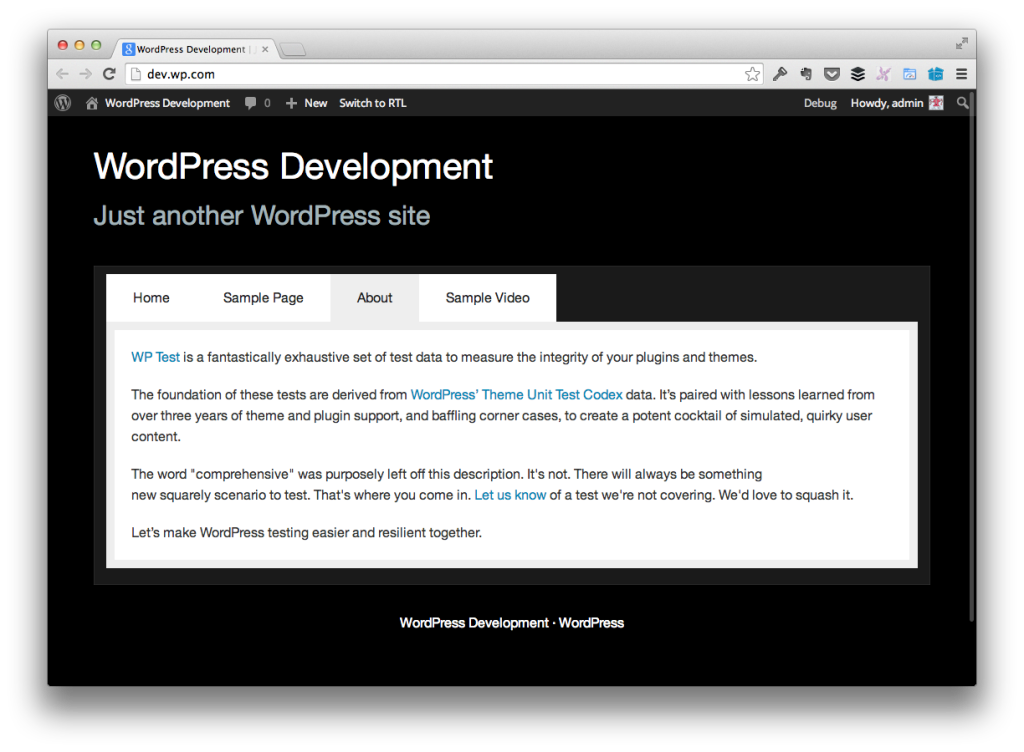One of the things that has become relatively common within themes that offer a lot of options is the use of tabbed navigation. That is, options that are related are logically grouped into tabs and then the user can navigate through each tab in order to select the options.
Whether or not this is a good thing for themes is outside the scope of this particular post; however, another place in which tabs may also be used is within the context of custom meta boxes.
That is, a custom meta box sits below the post editor and it offers several options or additions to the post meta data each of which is group together in their own tab.
Though I personally find this a bit more effective than using tabs of pages for screen options, that discussion is outside the scope of this post.
Regardless, there are ways to improve the ways in which custom meta box tabs are created such that they are organized in a more maintainable way, and each tab has its own view, partial, or template so that it’s easier to work with over time.

